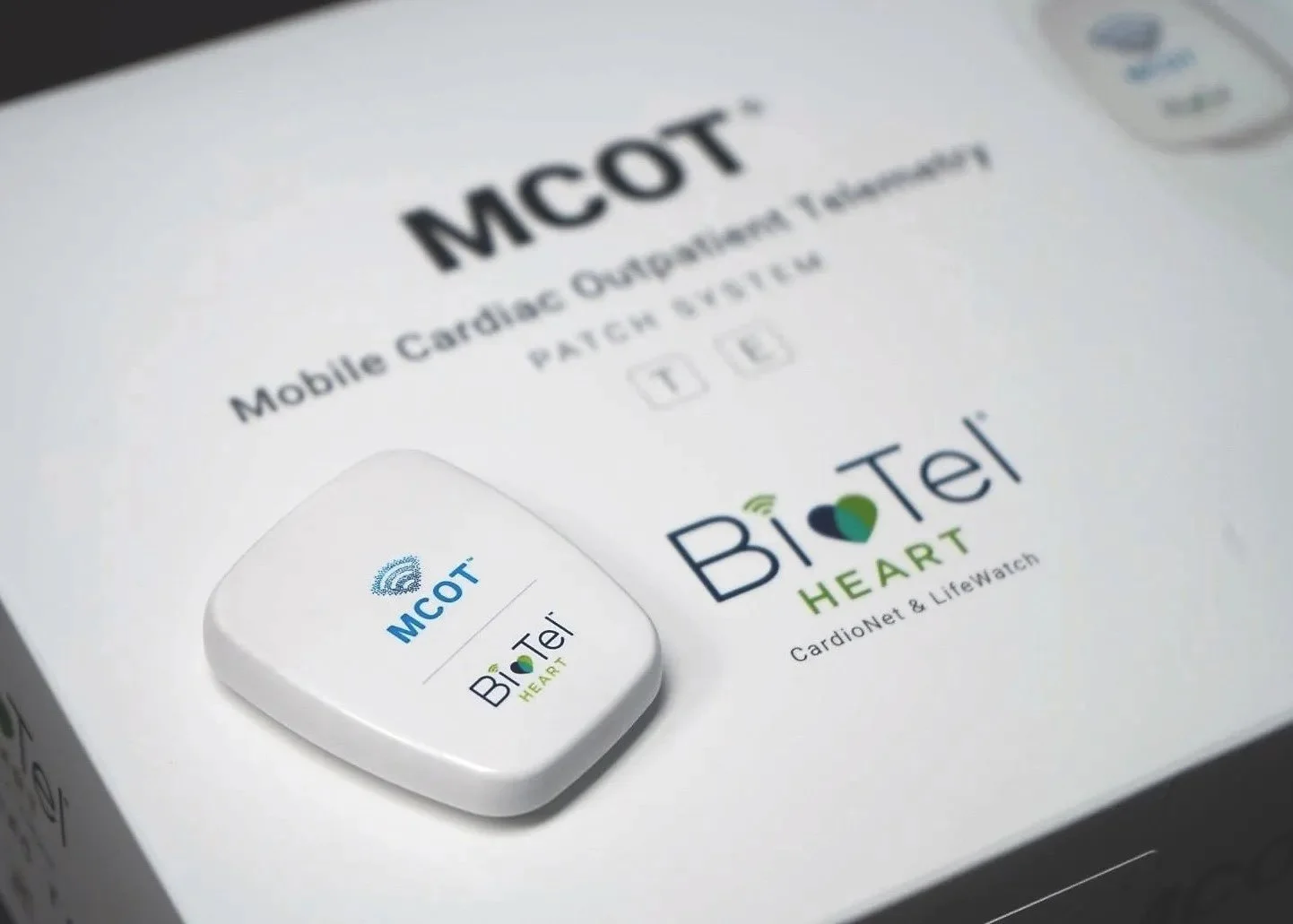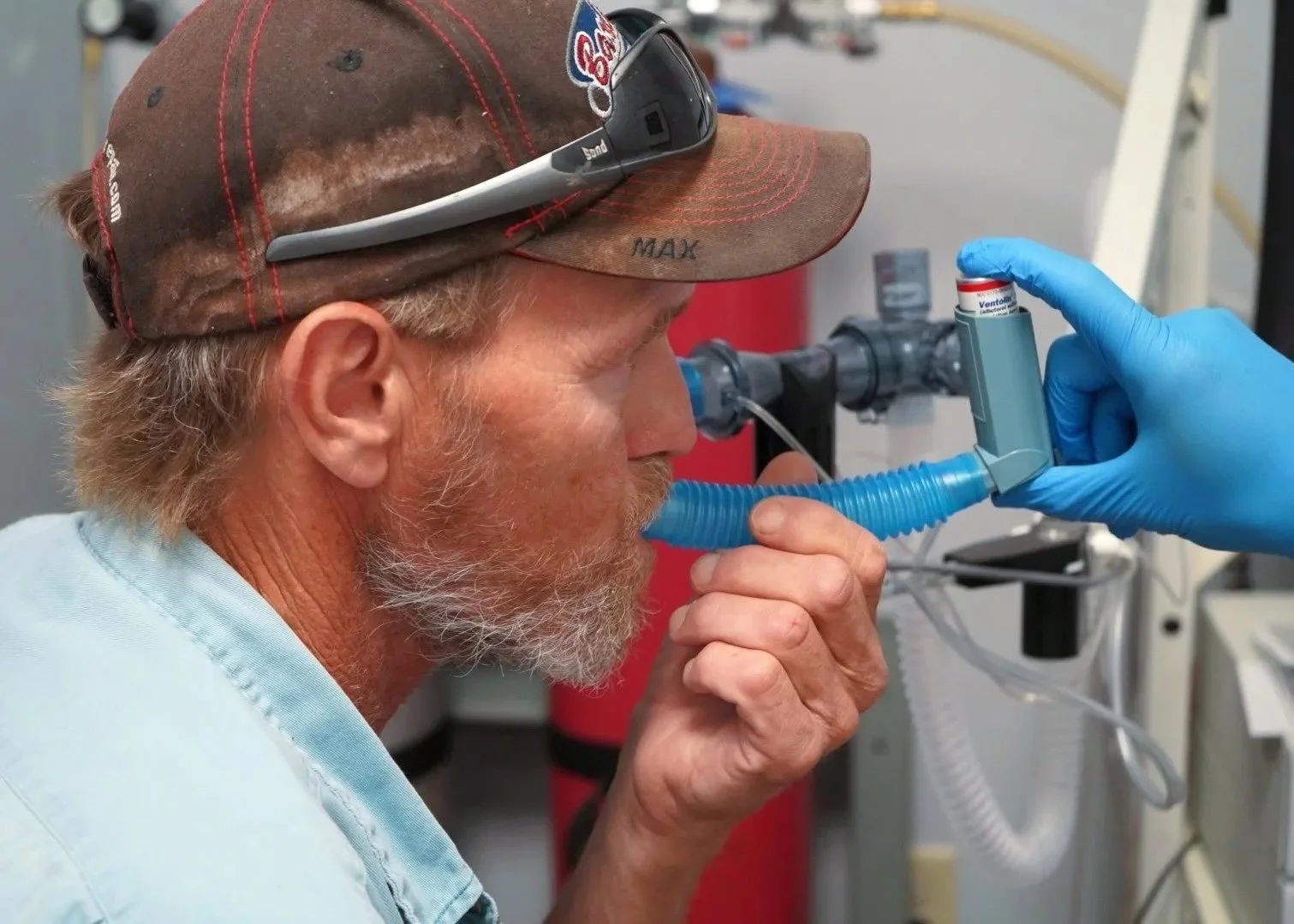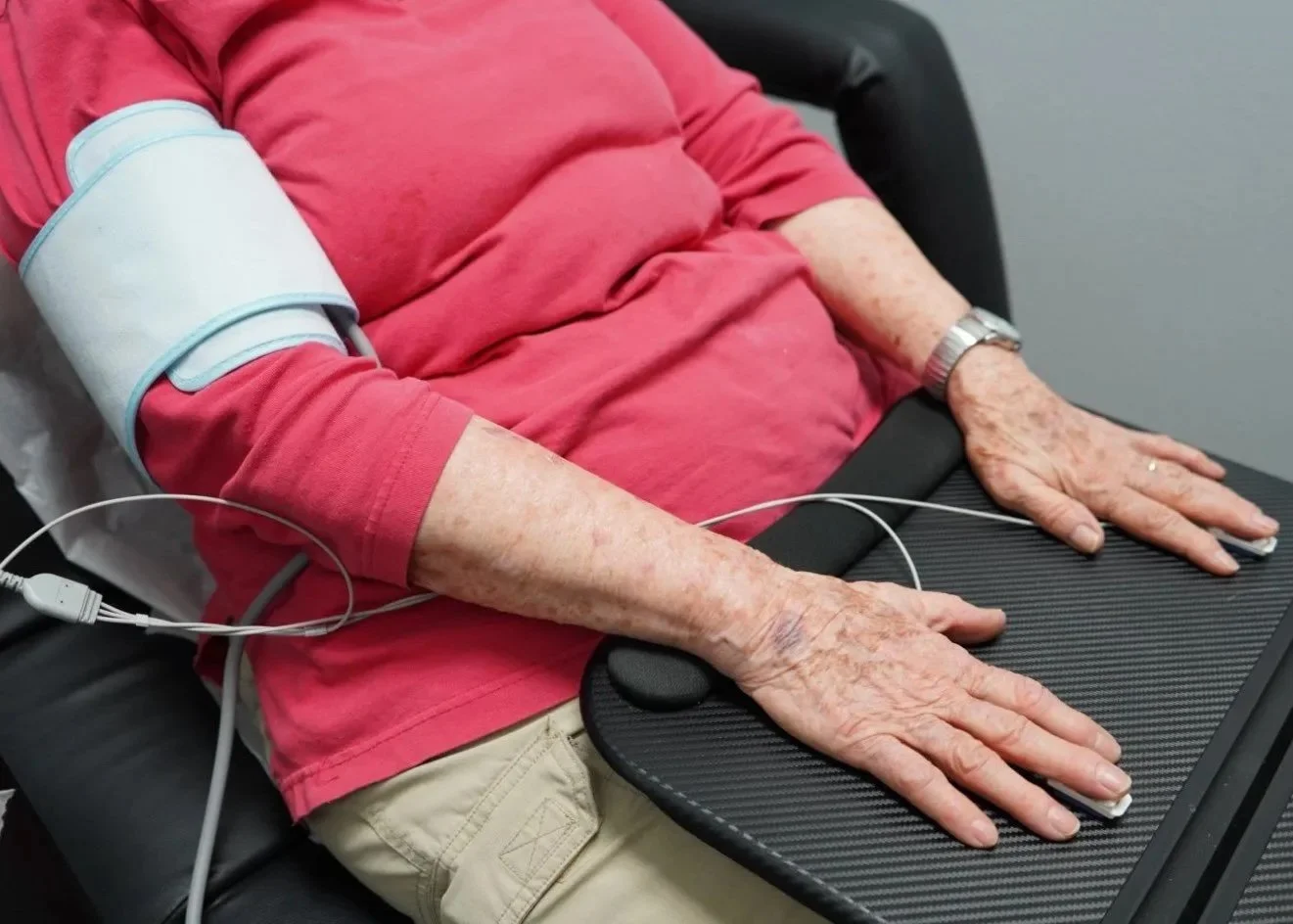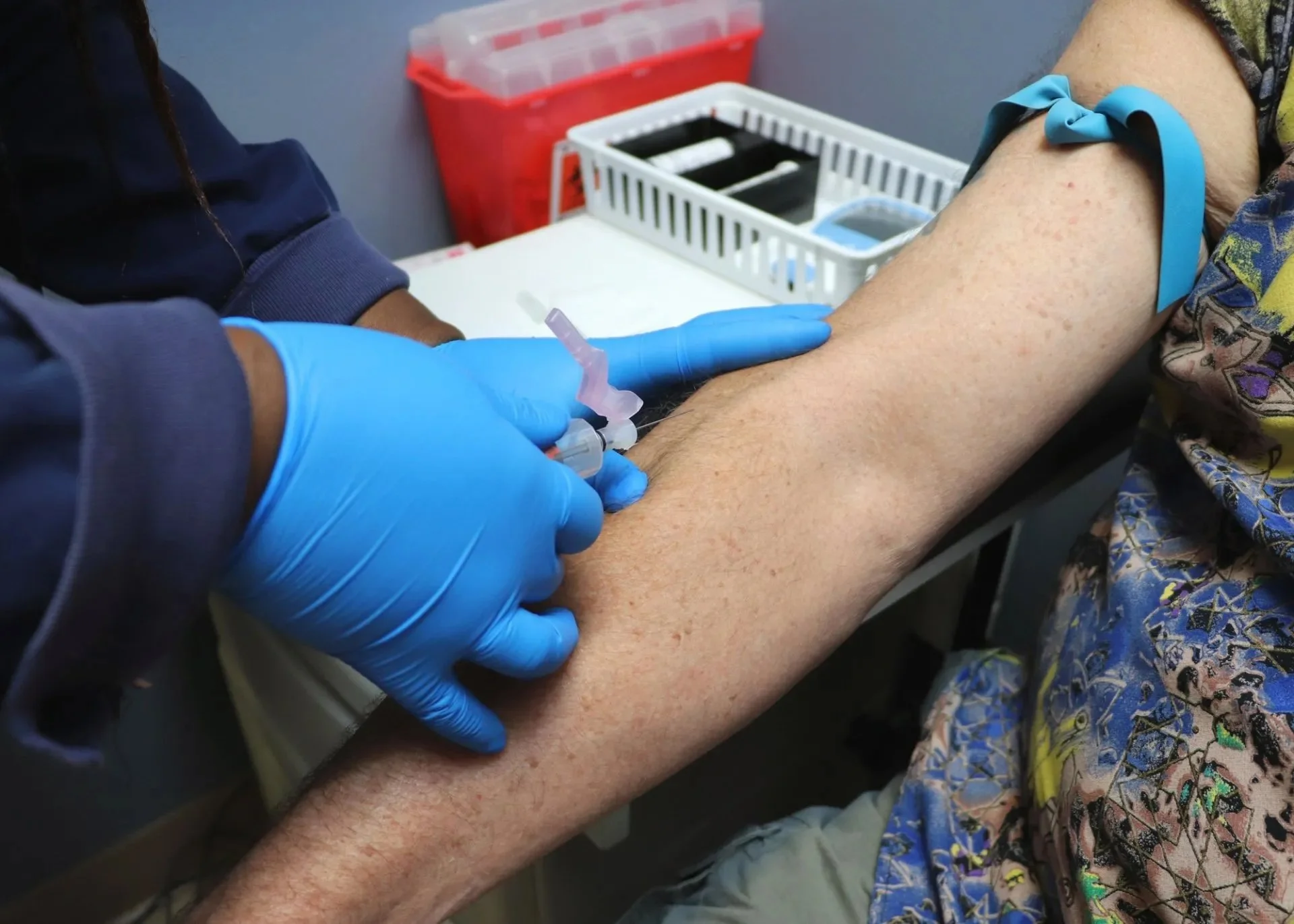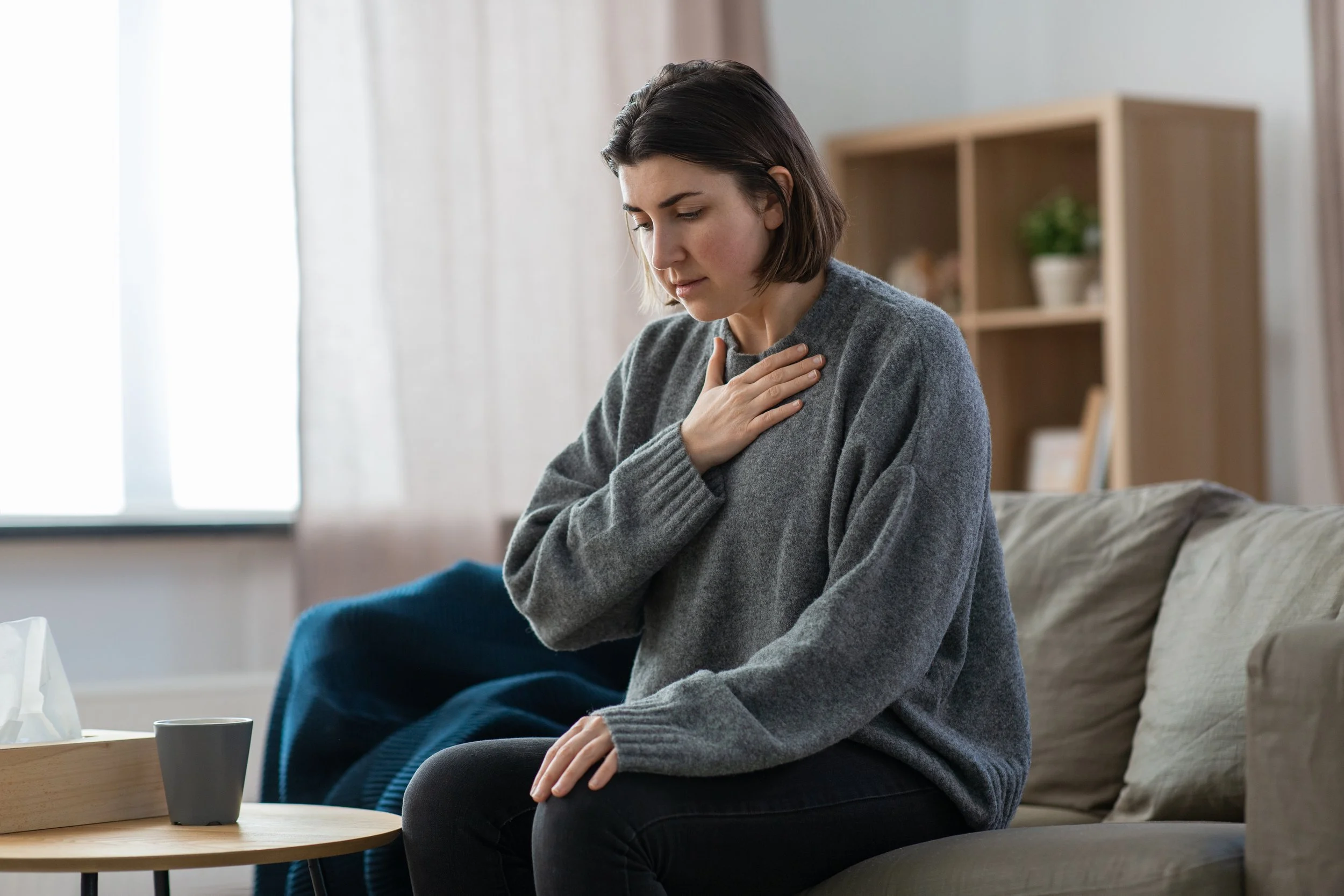
Testing
Cardiac Monitoring
Used when patients have symptoms of palpitations, dizziness, or syncope (passing out)
Used when patients have abnormal EKGs
A patient may wear an outpatient monitor anywhere from 24 hours to 30 days
Pulmonary Function Tests (PFTs)
A group of breathing procedures that measure how well the lungs are functioning
Helps your doctor assess respiratory diseases and disorders such as shortness of breath, smoking history, asthma, chronic obstructive pulmonary disease (COPD), emphysema, and mechanical injury
Scheduled every 6 months on patients who take Amiodarone or Pacerone to make sure lung function is not being affected by these medications
No prep necessary
Cardiopulmonary Stress Test (CPX)
Measures how well your heart and lungs are working during rest, exercise, and recovery
Patient is hooked up to an EKG machine, and blood pressure, heart rate, and oxygen levels are measured
Patient will wear a mouthpiece and nose clip
During the exercise portion of the test, the patient may pedal with their arms, ride a bike, or walk on a treadmill
Please wear comfortable clothing and tennis shoes
No prep necessary
Cardio Wellness Risk Evaluation (VENDYS)
Also known as Endothelial Function Test
Involves obtaining an EKG and blood pressure, discussing diet and exercise habits, and completing a blood flow test called VENDYS
VENDYS is a noninvasive diagnostic device used to measure blood flow for early detection of cardiovascular disease and monitoring response to therapy
The VENDYS test is 15 minutes long, broken down into three 5-minute phases:
The first five minutes records a stable temperature reading on the patient’s left and right finger
During the next five minutes, the blood pressure cuff that is placed on the patient’s right arm is inflated and stays inflated for the whole five minutes
After the occlusion phase has completed, the cuff will release and allow for the blood flow to return to the patient’s fingers for the last five minutes
No prep necessary
Clinical Lab
Most labs can be performed in house
INR, used to monitor patients on blood thinners, performed in house with immediate results
Advanced lab tests can be sent out, with results still appearing on the patient portal
Special prep:
Liver/Lipids (Cholesterol) – nothing to eat 4 hours prior to testing
Before any blood draws, being well-hydrated by drinking plenty of water is always helpful
Long Covid Recovery Program
Are you experiencing a racing heart, brain fog, trouble breathing, dizziness, or fatigue since having COVID? Our long haulers program is designed to help you get back to feeling the way you were before COVID. Call our office to learn more about this program.

